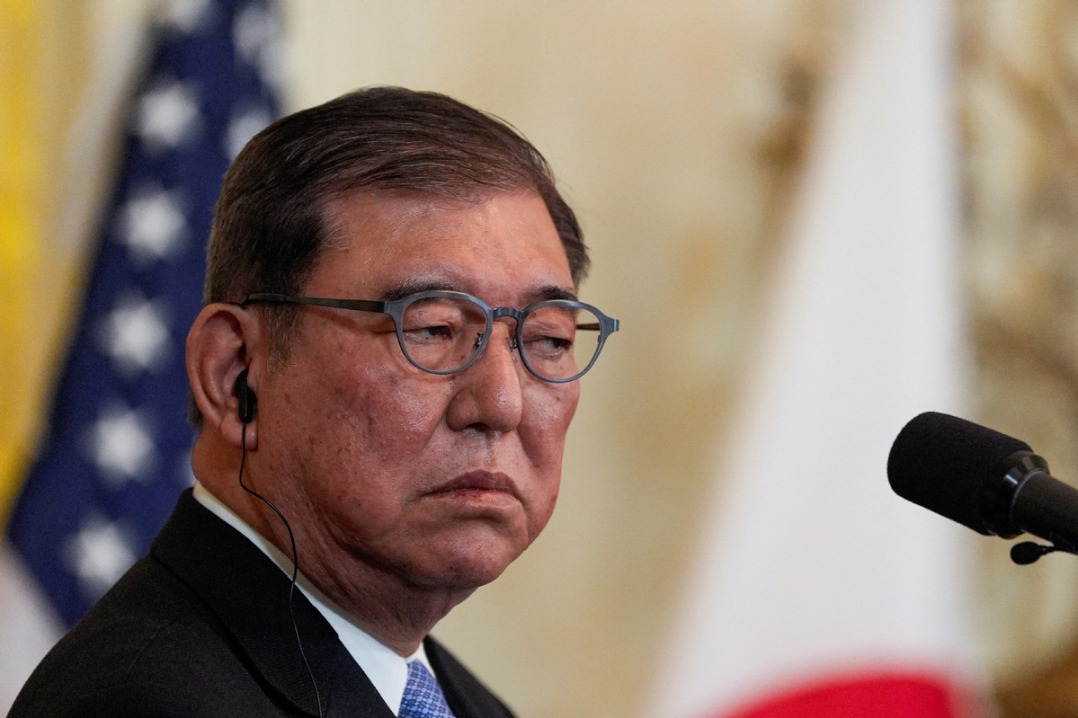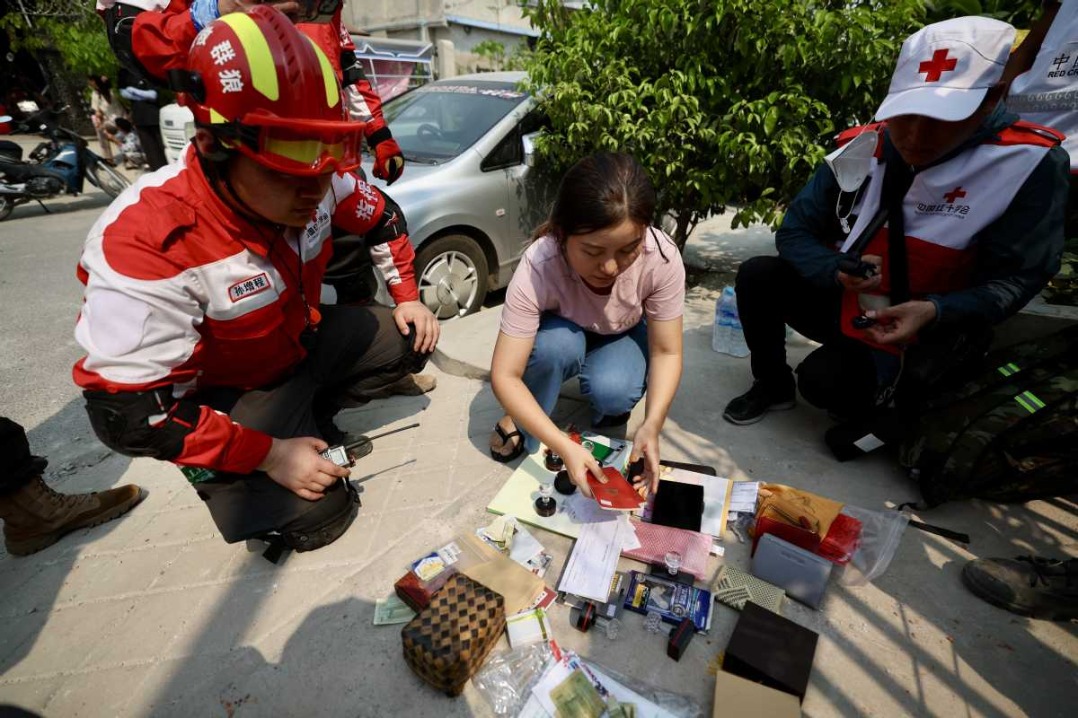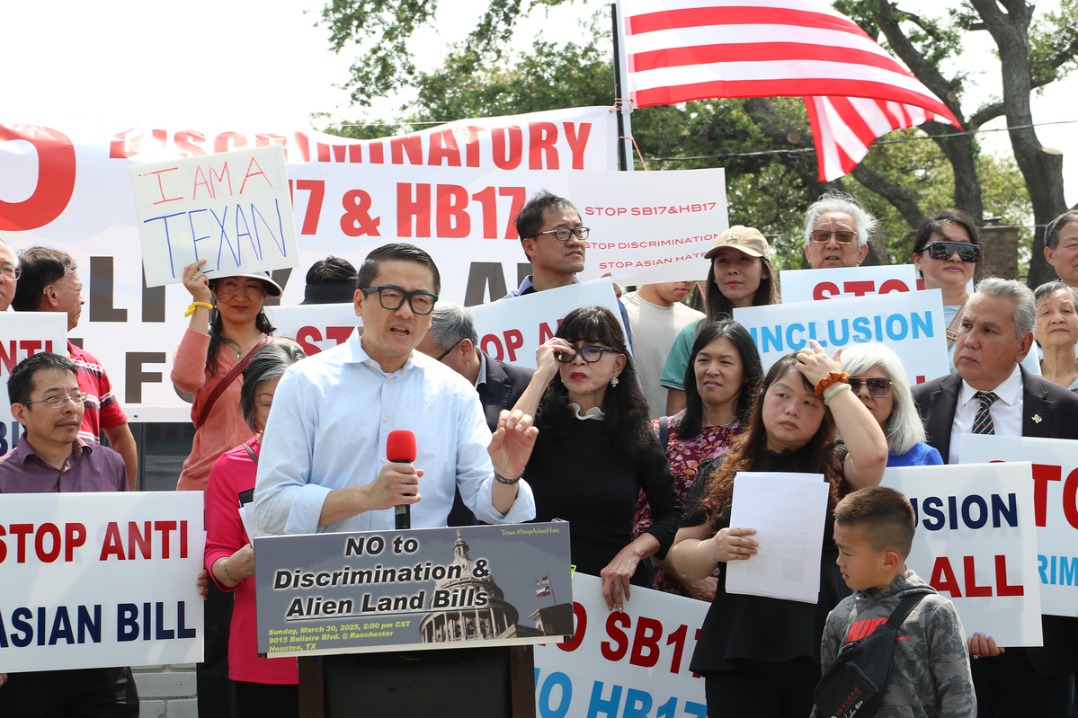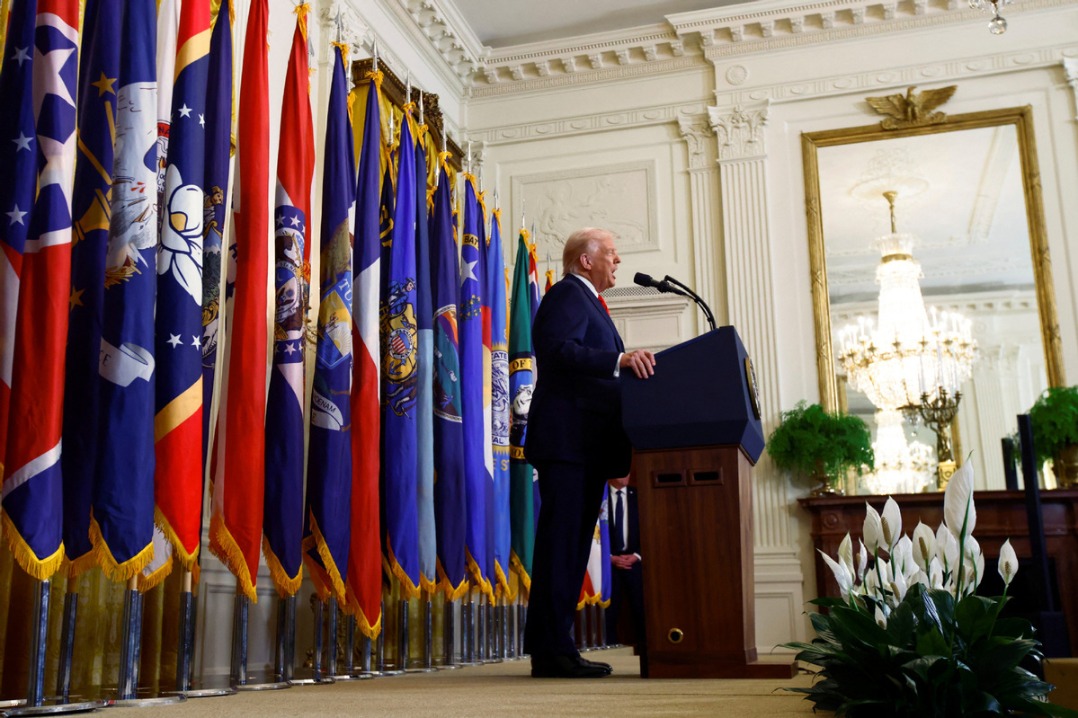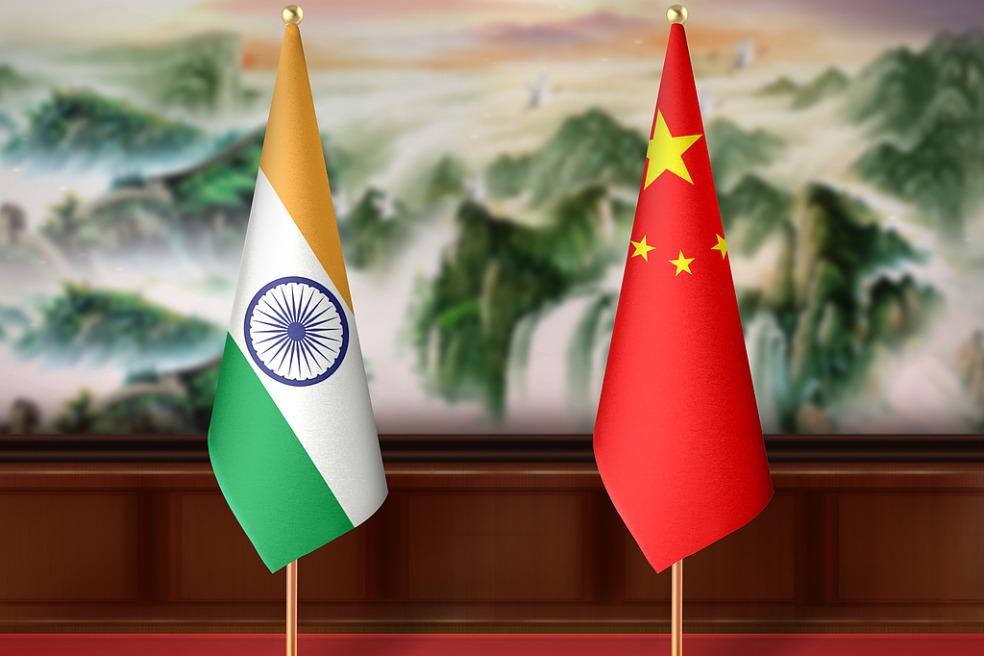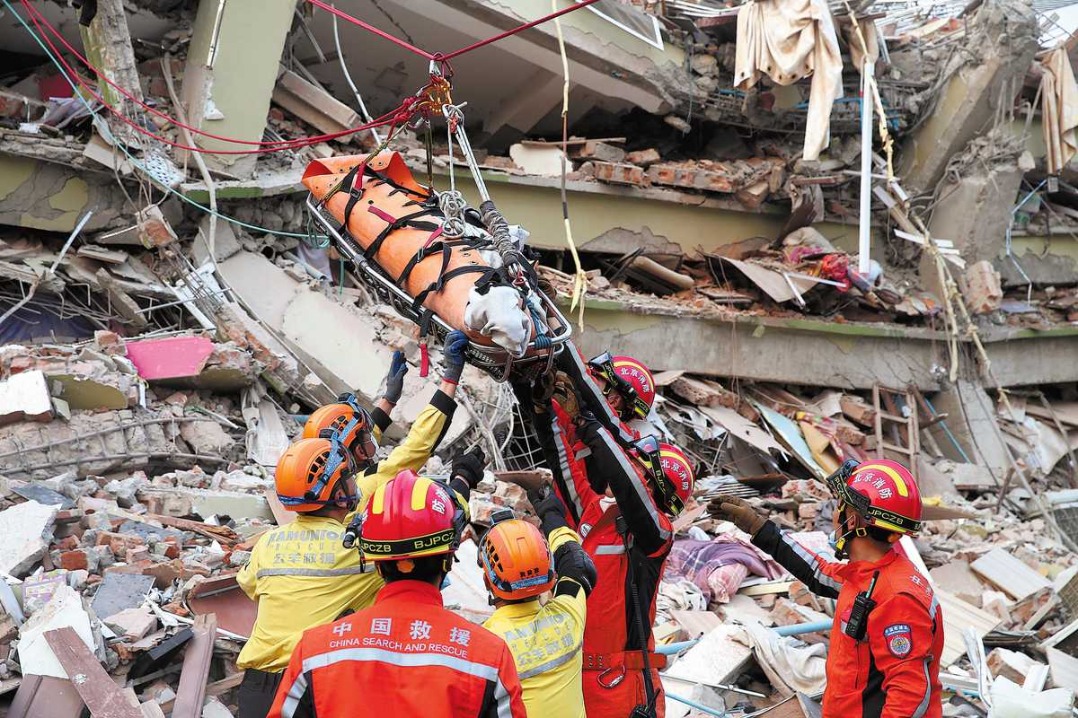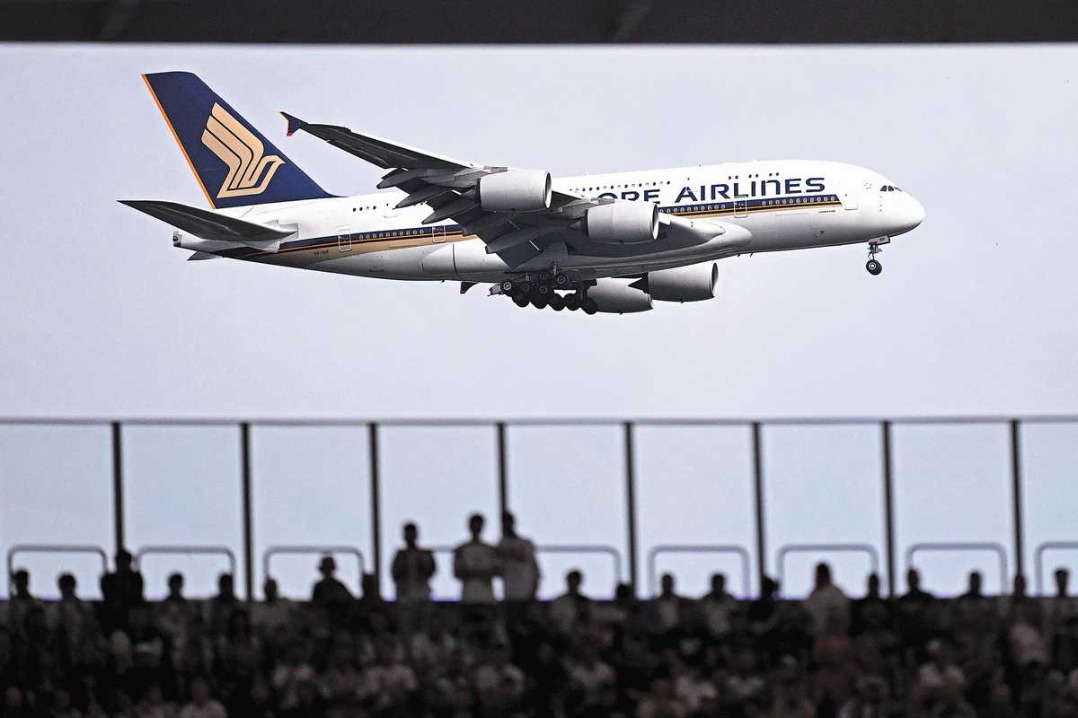FM lauds role of Beijing and Moscow in promoting multipolarity

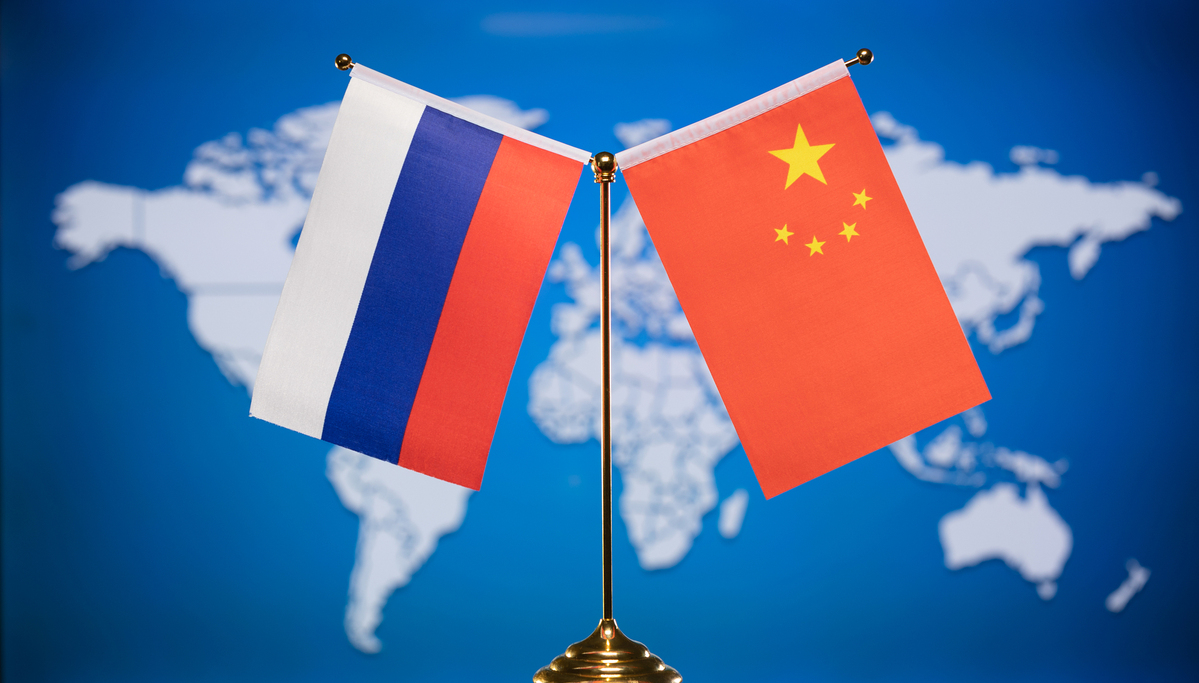
If the United States persists in pressuring and blackmailing China over tariffs, "the Chinese side surely will be resolute in its countermeasures", Foreign Minister Wang Yi said on Tuesday.
In an interview with the Russia Today international media group, Wang, who is visiting Russia and held talks on Tuesday in Moscow with Russian Foreign Minister Sergey Lavrov, responded to a number of questions on topics such as the China-US trade war, Russia-US interactions and the Ukraine crisis.
When asked about the trade war and whether China will impose further tariffs on commodities produced in the US, Wang said that "America First" should not lead to American bullying, nor should the US base its own interests on damaging the legitimate rights and interests of other countries.
He mentioned that the US has used fentanyl as a pretext to impose tariffs on China twice, which is "particularly groundless".
China has provided various kinds of help to the US, but the US has raised tariffs in an unwarranted manner and ill-treated China's kindness in return, he added.
"If the US side really wants to solve the fentanyl issue, it should revoke the unjustified tariff levies and engage in equal consultation with China," he said.
"China has never been subject to power politics and hegemony, and if the US side keeps on pressuring and even blackmailing, China surely will be resolute in its countermeasures," he added.
He emphasized that mutual respect is "an important prerequisite for China-US relations".
China is committed to the stable, healthy and sustainable development of China-US ties and "will also take resolute measures to firmly safeguard its own sovereignty, security and development interests", he said.
"I hope the US side will see the historical trend clearly and make a rational choice," he added.
When asked about the rebound in Russia-US interaction and the implications, Wang said the two countries "have just taken the initial step toward resuming normal contacts".
"This is conducive to advancing the stability of the landscape of major-country relations, and is helpful in shoring up positive expectations to the international situation where changes and chaos are intertwined," Wang said.
"Major countries should be aware of their international obligations and take the initiative to provide more stabilizing factors in an uncertain world," he added.
As some people hyped that Russia and the US will join hands to contain China, Wang said such an idea is not just treating international politics as a simple transaction, but is also backed by an outdated Cold War-era mindset.
The China-Russia comprehensive strategic partnership of coordination has been tested by winds and tides in the international situation, and it is "unshakable", he emphasized.
"We fully understand and support Russia in safeguarding its legitimate and legal rights and interests through diplomatic efforts," he added.
As the Ukraine crisis has entered its fourth year this year, Wang said the situation on the battlefield remains complicated, but recently "the momentum of peace talks on the Ukrainian crisis has emerged".
"Although this is only a small step toward peace, this step is positive and necessary. Peace should not be waited for, it needs to be actively pursued," he said.
Wang also pointed out that the root causes of this crisis are intricate and complex, and there are still significant gaps among the positions of various parties on a series of critical issues, so "there is still a long way to go in restoring peace".
"China is willing to play a constructive role with the international community, especially the Global South countries, in accordance with the wishes of the parties concerned, and supports settling root causes of the crisis through dialogue and negotiation," he said. The ultimate goal is "to reach a fair, lasting, binding peace agreement accepted by all parties involved, and to truly realize long-term peace and stability" in the Eurasian region and the world, he added.
Regarding China-Russia relations, Wang said the ties are "conducive to promoting multipolarity in the world and democratization of international relations".
This year marks the 80th anniversary of the victory in China's War of Resistance Against Japanese Aggression (1931-45), the Great Patriotic War of the Soviet Union and the World Anti-Fascist War.
China and Russia were two of the main battlegrounds in Asia and Europe, respectively, Wang said, adding that they should "oppose any attempts and acts of denying, distorting or falsifying the history of World War II" and join hands to safeguard the postwar international order.
zhangyunbi@chinadaily.com.cn
















